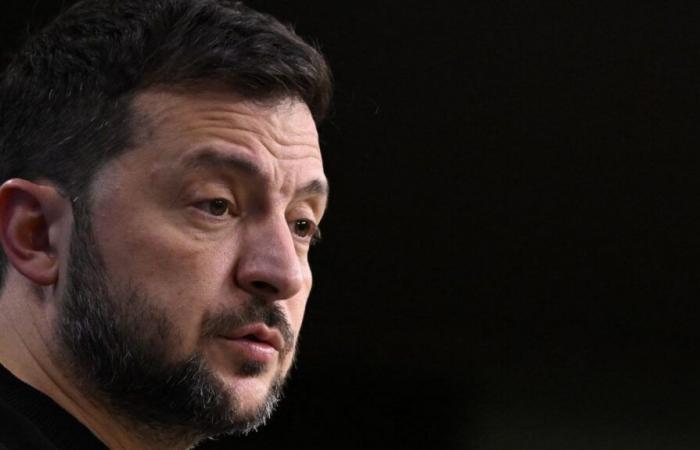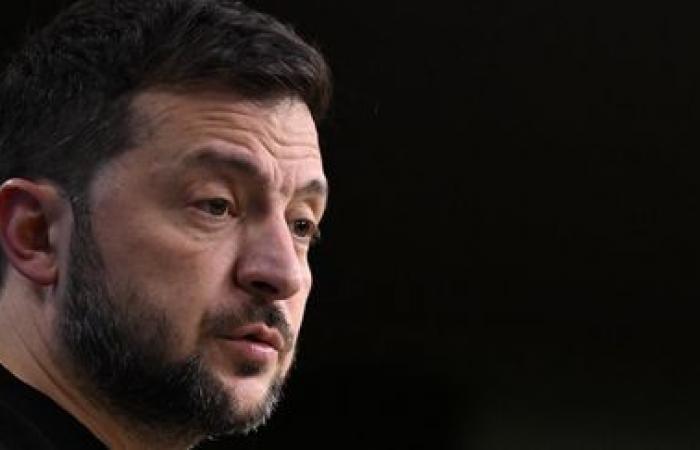The Ukrainian president believes that Donald Trump’s “unpredictability” can help end the conflict that has ravaged his country for three years.
Published on 06/01/2025 09:44
Reading time: 2min

A start of the calendar for possible negotiations. Ukrainian President Volodymyr Zelensky declared, in an interview broadcast on Sunday January 5, that he wanted to discuss with future American President Donald Trump before any negotiations with Moscow, at a time when Ukraine is preparing to enter its fourth year of war. “First (…), we agree with him (Donald Trump) on how to end the war, how to stop Putin”asked the Ukrainian head of state during an interview given to American podcaster Lex Fridman, also affirming that he was “very important that Europe has a voice” in discussions.
“Trump and I will reach an agreement – and I am sure that it will be able to offer strong security guarantees with Europe – then we can talk to the Russians”he said. The interview, recorded at the end of December in kyiv, touched on many topics and was conducted by Lex Fridman in Russian, with Volodymyr Zelensky answering questions in Ukrainian. The Ukrainian president repeated his expectation that Donald Trump would be able to end the war.
“I see now that when I talk about something with Donald Trump – whether in person or on the phone – all European leaders ask me ‘how did it go?’“he said. “This shows the influence of Donald Trump, and this has never happened before with an American president, in my own experience”added Volodymyr Zelensky before commenting: “It gives you confidence that he can end this war.”
The Ukrainian president was very complimentary of the future US president, who won against Vice President Kamala Harris because “he was much stronger”according to him. “I love President Trump’s message when he speaks. I think we share this idea of peace through strength which is very important”he said. The return of Donald Trump to the White House on January 20 raises hopes in kyiv of strong decisions after almost three years of Russian invasion, but also the fear of a drop in American financial and military support, which the Republican leader criticized on numerous occasions.








